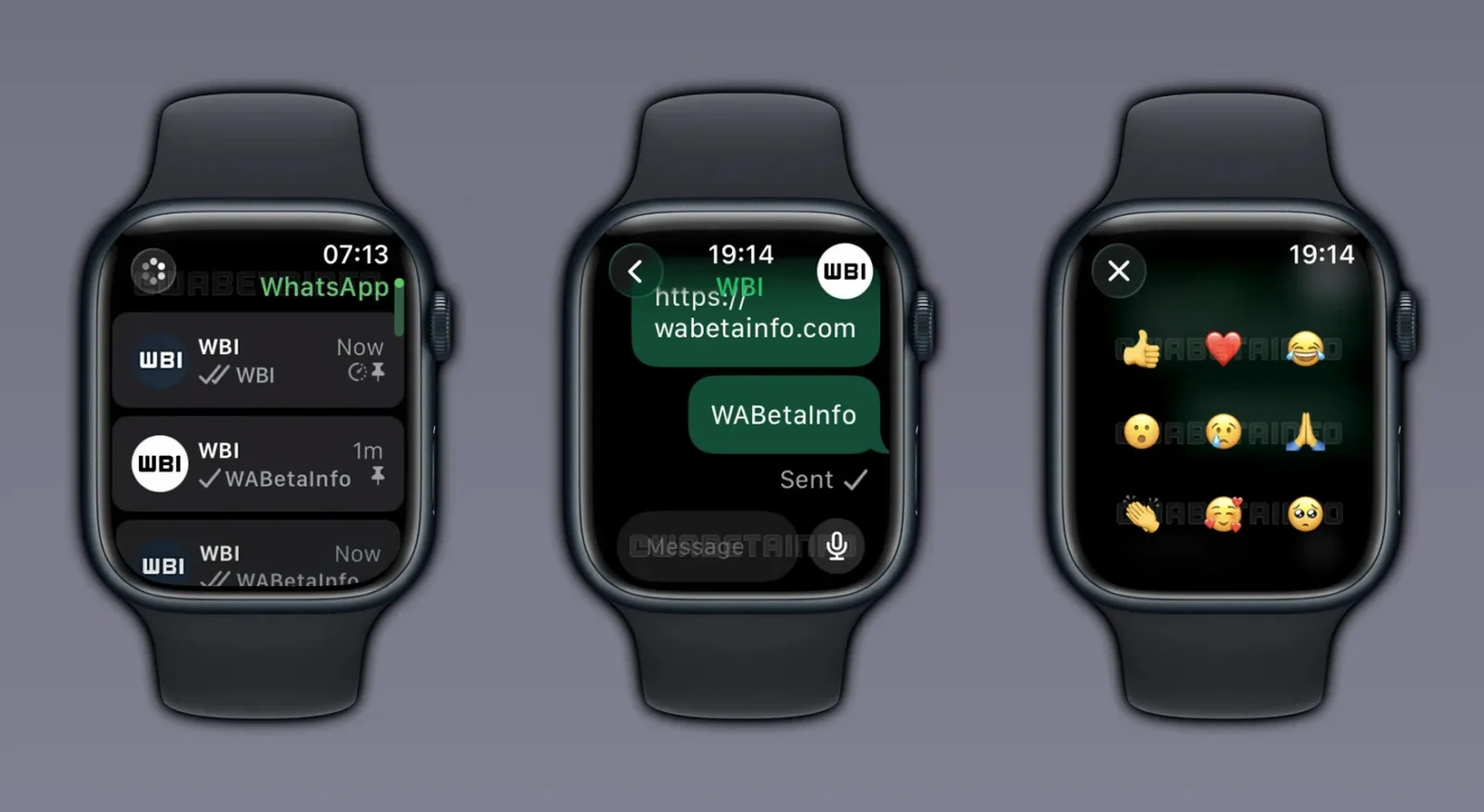OpenAI has unveiled ChatGPT Atlas, its first AI-powered web browser, marking a significant expansion of the company’s ambitions beyond chat interfaces and into everyday online search and navigation. The new browser, announced Tuesday, integrates ChatGPT directly into the browsing experience, allowing users to search, summarize, and interact with web content conversationally — a move that positions OpenAI squarely against Google and Microsoft in the evolving AI-driven browser market.
ChatGPT Atlas will debut on macOS, with versions for Windows, iOS, and Android to follow. OpenAI says the browser will be free for all users at launch, while certain advanced features will be reserved for ChatGPT Plus, Pro, and Business subscribers.

The browser’s defining capability is its “sidecar” chat integration. Much like in AI browsers from competitors such as Perplexity’s Comet and The Browser Company’s Dia, Atlas includes a built-in ChatGPT panel that automatically understands the content currently on screen. Instead of copying and pasting text or links into a chatbot, users can query ChatGPT directly about what they’re viewing — for example, asking it to summarize an article, compare information across tabs, or draft a response to an email displayed in the browser.
Atlas also introduces what OpenAI calls “browser history intelligence.” The feature allows ChatGPT to remember visited sites and user interactions, enabling more personalized responses and contextual recommendations. The company emphasizes that users will retain control over what data is stored and how it’s used, though the balance between personalization and privacy will likely be closely scrutinized as the product expands.
Another major addition is “agent mode,” a tool that lets ChatGPT perform small web-based tasks autonomously. This feature, available initially to paid tiers, can handle actions such as searching, filling out forms, or collecting information across multiple pages. OpenAI describes agent mode as an early step toward more capable AI assistants that can perform online tasks with minimal supervision.
Ben Goodger, Engineering Lead for Atlas, noted during the launch livestream that the project builds on ChatGPT’s evolution into a general-purpose assistant rather than a static Q&A tool. Product Lead Adam Fry added that the integration of chat, memory, and automation in a single browser aims to eliminate the friction between searching, understanding, and acting — a process still fragmented in most traditional browsers.

The broader AI browser market is quickly heating up. Google and Microsoft are embedding generative AI into Chrome and Edge, while newer entrants like Perplexity and Arc are betting that AI-native browsers will redefine how users interact with the web. For OpenAI, Atlas is both a strategic expansion of its ecosystem and a potential gateway for users who currently rely on Chrome for everyday browsing but use ChatGPT for deeper queries.
Whether Atlas can challenge Chrome’s dominance remains uncertain — Google’s browser commands over 3 billion users worldwide — but OpenAI is clearly betting on the idea that browsing, like search, will become a conversational experience. For now, ChatGPT Atlas represents the company’s boldest step yet in turning its AI from a destination into an always-present digital companion.







